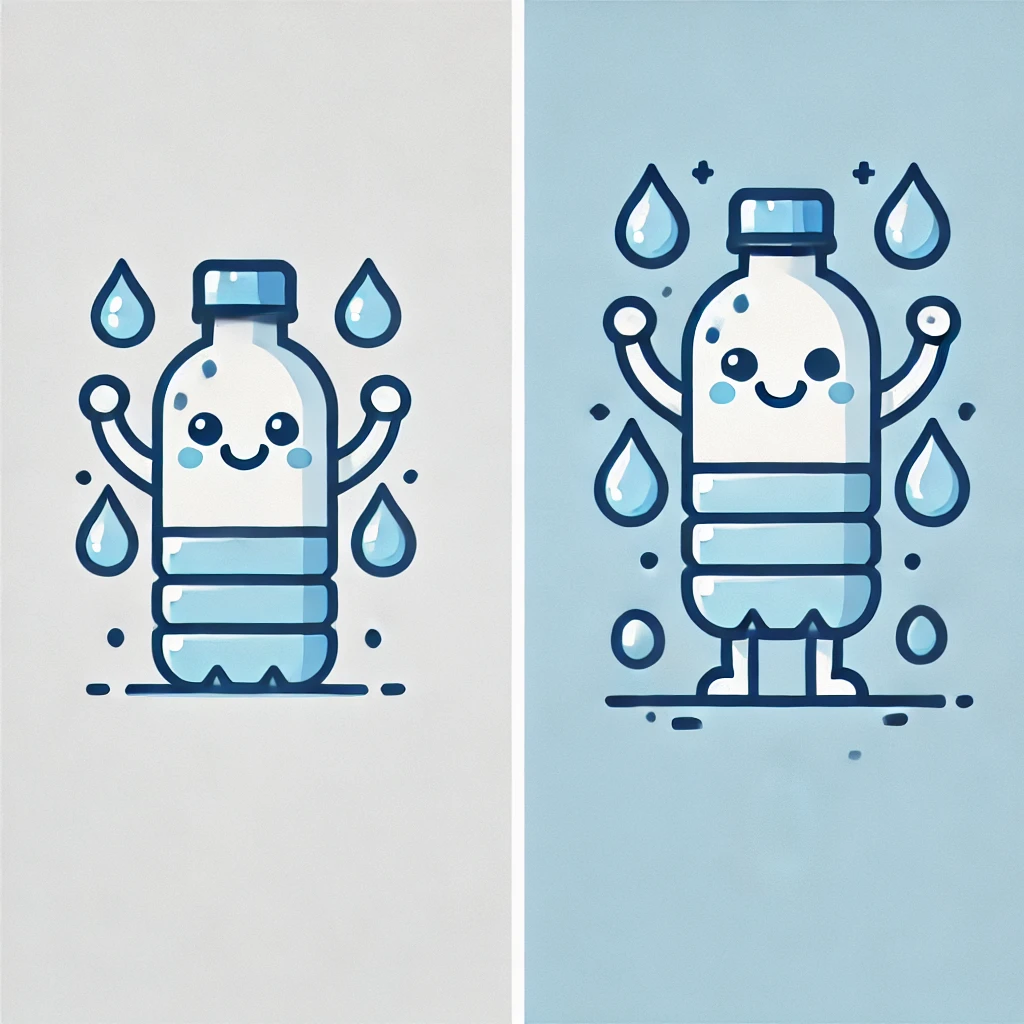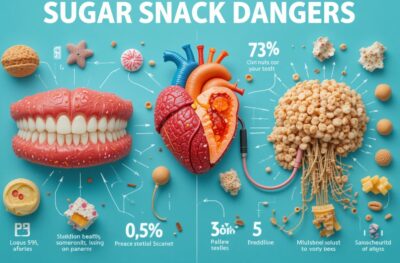Why Is Staying Hydrated Essential for Your Health?
Table of contents
- Why Is Staying Hydrated Essential for Your Health?
- 1. What Role Does Water Play in the Body?
- 2. How Much Water Should You Drink Daily?
- 3. What Are the Signs of Dehydration?
- 4. Why Is Hydration Crucial for Physical Performance?
- 5. How does hydration affect brain function?
- 6. Can drinking water help with weight management?
- 7. What Are Practical Steps to Stay Hydrated?
- 8. How Does Climate Affect Hydration Needs?
- 9. Are There Risks of Overhydration?
- 10. What Does Science Say About Hydration and Long-Term Health?
- 11. conclusion
1. What Role Does Water Play in the Body?
Water is vital for maintaining bodily functions. It comprises about 60% of an adult’s body weight and is essential for every physiological process, including:
- Temperature Regulation: Water helps regulate body temperature through sweating and respiration.
- Nutrient Transport: It carries essential nutrients and oxygen to cells.
- Waste Elimination: The kidneys rely on water to remove toxins via urine.
- Joint Lubrication: Synovial fluid, which cushions joints, is primarily water.
- Digestion Support: It aids in breaking down food and absorbing nutrients.
2. How Much Water Should You Drink Daily?
Daily water intake varies based on age, gender, activity level, and climate. However, general guidelines from the National Academies of Sciences suggest the following:
- Men: Approximately 3.7 liters (125 ounces)
- Women: Approximately 2.7 liters (91 ounces)
These amounts include water in beverages and foods. For example, fruits such as watermelon and cucumber have a high water content, contributing significantly to hydration.
3. What Are the Signs of Dehydration?
Dehydration occurs when the body loses more water than it takes in. Key signs include:
- Dry mouth and lips
- Dark yellow urine
- Fatigue or dizziness
- Decreased urination
Chronic dehydration can lead to kidney stones, urinary tract infections, and even impaired cognitive function.
4. Why Is Hydration Crucial for Physical Performance?
Water is essential for optimal physical performance, particularly during exercise. Losing just 2% of your body’s water can decrease strength, endurance, and coordination. Athletes should:
- Drink water before, during and after exercise.
- Replenish lost electrolytes through natural sources such as bananas or electrolyte-rich drinks.

5. How does hydration affect brain function?
Even mild dehydration can impair brain function. Studies indicate that it affects mood, concentration, and short-term memory. For instance, a 2013 study published in the Journal of Nutrition found that young women who were mildly dehydrated experienced headaches and difficulty concentrating.
6. Can drinking water help with weight management?
Water plays a supportive role in weight management by:
- Reducing Appetite: Drinking water before meals can help you feel full faster.
- Boosting Metabolism: Research suggests that drinking cold water may temporarily increase metabolic rate.
- Replacing High-Calorie Drinks: Choosing water over sugary beverages reduces calorie intake.

7. What Are Practical Steps to Stay Hydrated?
Here are actionable tips for maintaining hydration:
- Start Your Day with Water: Drink a glass of water first thing in the morning.
- Carry a Reusable Bottle: Keep water accessible throughout the day.
- Flavor Your Water: Add lemon slices or mint for a refreshing twist.
- Set Reminders: Use phone alarms or apps to remind you to drink water.
- Monitor your urine: Pale yellow urine is a good indicator of proper hydration.
8. How Does Climate Affect Hydration Needs?
In hot and humid climates, the body loses more water through sweat, increasing hydration needs. Similarly, high altitudes can lead to dehydration due to rapid breathing and dry air. Adjust your intake accordingly in these conditions.
9. Are There Risks of Overhydration?
While rare, overhydration (or hyponatremia) can occur if you drink excessive water without adequate electrolyte replacement. Symptoms include nausea, headache, and confusion. Balance is key.
10. What Does Science Say About Hydration and Long-Term Health?
- Heart Health: Proper hydration reduces the risk of developing hypertension.
- Kidney Function: Sufficient water intake prevents kidney stones and supports renal health.
- Skin Health: Staying hydrated may improve skin elasticity and appearance.
11. conclusion
Staying hydrated is essential to overall health, affecting everything from physical performance to mental clarity. By incorporating simple habits like carrying a water bottle, monitoring the color of your urine, and eating water-rich foods, you can ensure your body gets the hydration it needs. Remember, water is more than just a drink—it’s the cornerstone of health and wellness.
Frequently Asked Questions About Hydrated
- Why is water essential for the body?
Water is crucial for many vital processes, including transporting nutrients and oxygen to cells, removing toxins through the kidneys, and lubricating joints. It makes up about 60% of body weight and is necessary for overall physiological function. - How much water should I drink daily?
Water needs vary based on factors like age, activity level, and climate. Generally, men should consume about 3.7 liters (125 ounces) and women about 2.7 liters (91 ounces) of water per day, including water from food sources like fruits and vegetables. - What are the signs of dehydration?
Dehydration occurs when the body loses more water than it takes in. Signs include dry mouth, dark yellow urine, fatigue, and reduced urination. Severe dehydration can lead to kidney stones and impaired cognitive function. - How does hydration affect physical performance?
Staying hydrated is vital for maintaining physical performance. Even losing just 2% of body weight in water can reduce strength, endurance, and coordination. It’s important to drink water before, during, and after exercise to support optimal performance. - Does dehydration impact brain function?
Yes, even mild dehydration can affect cognitive abilities, such as concentration and mood. Studies have shown that dehydration can cause headaches and difficulty focusing, especially in situations requiring mental clarity.
Sources:
- Mayo Clinic
- Harvard T.H. Chan School of Public Health
- National Academies of Sciences
- The Lancet
- Journal of Nutrition
Image Resources:






